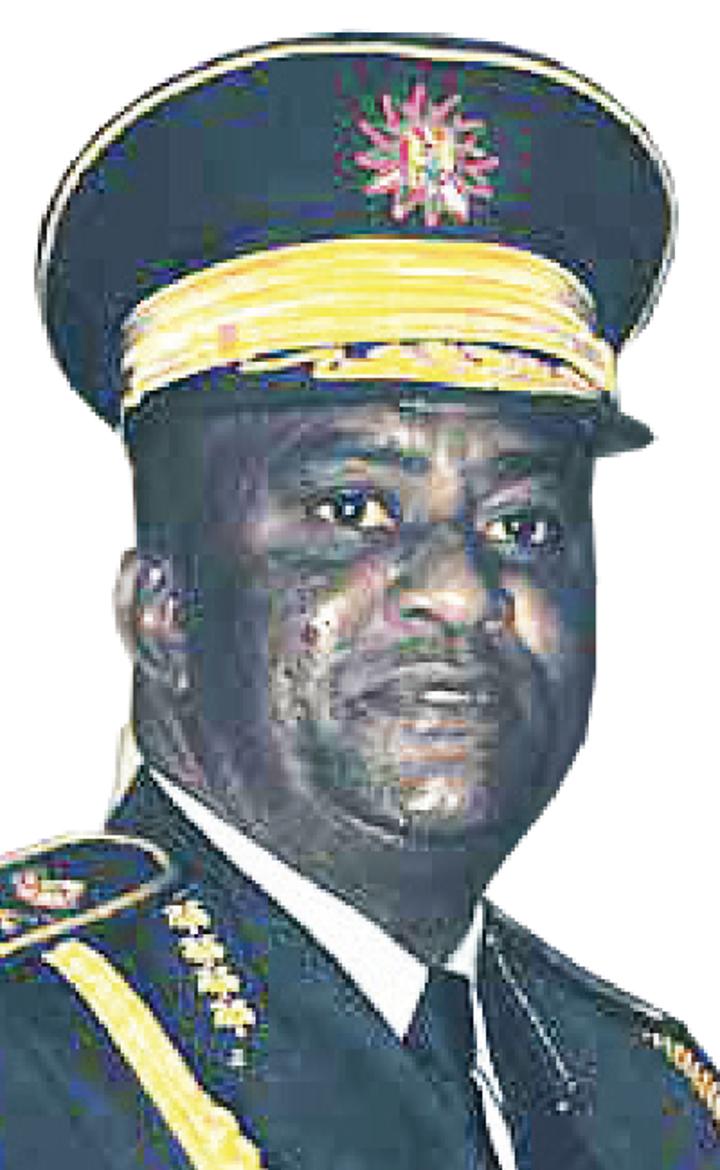Africa-Press – Namibia. JB TJIVIKUA
PUBLIC DISAFFECTION with politics has reached new levels in southern Africa. With the end of the commodity boom, economic hardship is rife, triggering discontent and protests.
Corruption scandals have fed this trend, with a negative fallout for political and business elites.
In addition, the Covid-19 pandemic deepened economic privations and nurtured public discontent and an anti-political mood through exposés of corruption.
Admittedly, every generation or so, nations confront questions about economic hardships, crimes and the presidency.
Occasionally, concerns may also arise because of a president’s improper conduct, prompting questions about whether chief executives can be prosecuted and punished.
At other times, a sense of disquiet floats to the surface of the national discourse because strident opponents convince themselves that the incumbent has crossed a red line. And sometimes, we cannot tell the difference between rightful alarm and partisan sniping.
Impeachment is one important check on executive authority in presidential democracies. It is the constitutional tool of removing leaders who threaten democracy, break the law, or get involved in corruption or other scandalous behaviour.
As such, the mere existence of impeachment as a constitutional check may deter misconduct and future misdeeds.
PERCEPTIONS
At first glance, prosecuting former and current presidents accused of illegal conduct seems like an obvious decision for a democracy. Everyone should be held accountable and be subject to the rule of law.
But presidents or prime ministers aren’t just anyone. They are chosen by a nation’s citizens or their parties to lead. They are often popular, sometimes revered.
So judicial proceedings against them are inevitably perceived as political and become divisive.
If the prosecution of past leaders is brought by a political rival, it can lead to a cycle of what is perceived as prosecutorial retaliation.
This is partly why US president Gerald Ford pardoned Richard Nixon, his predecessor, in 1974, despite clear evidence of criminal wrongdoing in the Watergate scandal.
Ford feared the country would needlessly be diverted from meeting challenges if they, as a people, were to remain sharply divided over punishing the ex-president.
Public reaction at the time was divided along party lines. But many people saw absolving Nixon as necessary to heal the US.
In South Africa, the incarceration of former president Jacob Zuma almost resulted in national turmoil.
It is common for legal systems worldwide to protect presidents from prosecution, in some instances by granting them absolute immunity. This is aimed at shielding them from undue pressure.
However, immunity has also allowed presidents worldwide to go unpunished for crimes big and small, including corruption. Sweeping immunity can lead to impunity.
SWEEPING IMMUNITY AND PROSECUTORIAL RISKS
Research finds that both sweeping immunity and the overzealous prosecution of presidents can undermine democracy and the rule of law.
They also pose different risks for mature democracies and nascent democracies.
In mature democracies, prosecutions can hold leaders accountable and solidify the rule of law.
Overzealous prosecution is more likely, and potentially more damaging, in emerging democracies, where courts and other public institutions may be insufficiently independent from politics.
Brazil embodies this dilemma.
Ex-president Luis ‘Lula’ da Silva was jailed for accepting bribes in what some Brazilians felt was a politicised effort to end his political career.
He’s now likely to come back for a third term of office.
A fundamental tenet of modern constitutionalism is that nobody, regardless of their status, is above the law.
Therefore, constitutional reforms in the 1990s saw the introduction in many African countries of constitutions which, for the first time, provided prospects for promoting constitutionalism and respect for the rule of law.
These reforms addressed issues such as presidential absolutism, patronage, manipulation of laws for politicians’ personal gain or the benefit of the few, and abuses of public power and the resources that go with it.
For example, in South Africa there is no provision in the constitution or in ordinary legislation that stands in the way of charging or prosecuting a sitting president.
The constitution states: “Everyone is equal before the law and has the right to equal protection and benefit of the law.”
Others argue that qualified immunity would not adequately protect a president, that a judicial inquiry would bring with it the very evil that immunity aimed to prevent.
However, the law is a common set of rules viewed as an objective measure of morality. It cannot be applied selectively.
* Major general JB Tjivikua served in the Namibian Police for 27 years.
For More News And Analysis About Namibia Follow Africa-Press






